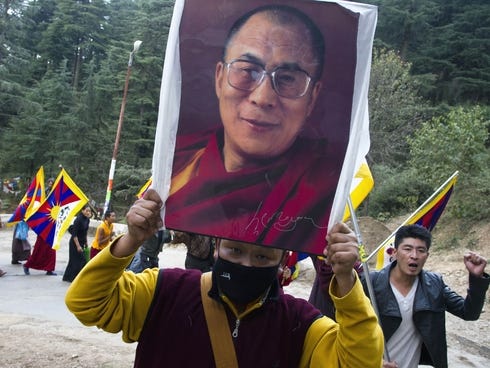By Karen Diep
Impunity Watch Reporter, Asia
BEIJING, China – After years of uncertainty regarding the effects of pollution, today, China’s Ministry of Environment Protection recognized the existence of “cancer villages.”

The latest report , “Guard against and control risks presented by chemicals to the environment during the 12th Five-Year period (2011-2015),” from the ministry outlined a crackdown on the use of 58 types of toxic chemicals.
According to a 2011 joint study by the ministry and the Chinese Academy of Engineering, over 90% of cities’ groundwater is polluted by varying degrees. Furthermore, 64 out of 118 major cities possess gravely contaminated groundwater supplies. Accordingly, it is important to note that 70% of China’s population is dependent upon groundwater as drinking water.
Although the report did not define the term “cancer village,” it shed light on other issues. “The toxic chemicals have caused many environmental emergencies linked to water and air pollution,” read the report. “There are even some serious cases of health and social problems like the emergence of cancer villages in individual regions,” continued the report.
According to BBC News, the widespread production and consumption of harmful chemicals forbidden in many developed nations still exist in China today. Moreover, as China continues to experience speedy development, revelations pertaining to “cancer villages” have become more widespread.
A recent report by China Network Television deemed cancer as the country’s “top killer.” Ma Jun, a reputable environmentalist in China, informed the Telegraph that despite China’s environmental issues and rising cancer rate, the Chinese government circumvents creating a connection between illness and pollution.
For many years, activists have believed that the cancer rates in some villages near factories and polluted waterways have increased.
In 2009, a Chinese journalist published a map finding dozens of ostensibly affected villages. The journalist discovered high levels of poisonous heavy metals in the water and believed there was a direct correlation between occurrences of mining and cancer.
Last month, smog, which the World Health Organization considered hazardous, covered Beijing, among several other cities. This pollution incited public uproar and debate about the costs of China’s speedy economic development.
For further information, please see:
BBC News – China acknowledges ‘cancer villages’ – 22 February 2013
Huffington Post – China Admits Existence of ‘Cancer Villages’ In Report, As Pollution Concerns Mount – 22 February 2013
RT News – China admits pollution brought about ‘cancer villages’ – 23 February 2013

